Admittedly, the Masaryk cult has a substantial basis. Compared to the dictators and generals that ruled elsewhere in Central Europein the interwar years, the sociologist and philosophy professor stands out as an uncommonly educated, broadminded and responsible politician. Yet the 40 years of Bolshevik rule, when his name was practically erased from the history books and every single Masaryk statue in the country was torn down, make him look almost supernatural today.
The funny thing, though, is that this “greatest Czech of all time” has a somewhat non-Czech origin. His father was a Slovak coachman, working at an estate in Hodonín in southern Moravia, which explains his Slovak-sounding surname( Masar meant “butcher”), while his mother was a Czech with Germanancestors. According to rumours, though, Tomáš' real father was the owner of the estate where his parents worked, a Jewnamed Nathan Rädlich. Although this would have explained why the bright, but pitifully poor Masaryk was sent first to gymnasium in Brno and then to the University in Vienna for education, these rumours have never been proven.
It’s undisputed, though, that his wife Charlotte Garrigue, an emancipated American lady whom he met in Leipzig in 1877, had a very strong influence on him. Charlotte’s social democratic viewpoints were not least evident in Masaryk’s later stance towards women’s liberation (see: Feminism), where he admitted that he was “just conveying the opinions of my wife”. When he officially took his wife’s surname as his middle name Masaryk was branded as the first Czech feminist, and this was cemented when he later formulated a much-acclaimed paragraph in the Czechoslovak constitution of 1920: “No privileges connected to origin, gender or profession will be recognized.”
The coming statesman’s liberal and progressive image was further fuelled by two “scandalous” incidents. In 1886, he published an article in a Prague magazine claiming that two famous historic manuscripts, which allegedly proved that the Czechs’ literary traditions were almost a thousand years old, were actually fakes. Good Czechs had just stomached the fact that Masaryk was right when the hard-hitting professor publicly defended a mentally retarded Jew, Leopold Hilsner, who had been sentenced to death for committing an alleged ritual murder. Thanks to Masaryk’s campaign against the hysterical anti-Semites, Emperor Franz Josefsaved Hilsner from execution, a fact, which Czech chauvinists later never forgot.
“A nation’s honour lies in it’s ability to find the truth,” Masaryk echoed another Czech superstar — Jan Hus.
TGM was elected Czechoslovakia’s president in November 1918 — at the age of 68, he was older than most Czechs at that time could hope to live — and re-elected for the third and last time in 1934, then almost blind and evidently reduced mentally. Many Czechs still consider the 17 years, during which Masaryk ruled Czechoslovakia as a “republican monarch” (Prague’s Hradčany Castle is more majestic than most of Europe’s royal palaces) to be one of the highlights in their history. Similarly, when Masaryk died in September 1937 less than two years after he abdicated, his state funeral quite literally symbolized the end of democratic and liberal-minded Czechoslovakia (see: Munich Agreement).
The First Republic nostalgia that emerged after the Velvet Revolutionhas had an understandable tendency to glorify both Masaryk and his republic. True enough, Czechoslovakia’s policy towards its minorities was, by interwar standards, liberal, but hardly praiseworthy today (Masaryk once described the country’s role as that of a bulwark against German expansion). Nobody disputes that Masaryk was a sterling humanist, but he seldom missed a chance to bash the Catholic Church (“theocrats”) and publicly praise the Hussites, whom Czechoslovakia’s Catholic majority, not least the Slovaks, perceived as chauvinistic Czech nationalists.
“Masaryk was no doubt a democrat, although his interpretation of democracy was sometimes rather peculiar,” the historian Antonín Klimek says. “He claimed that democracy, in certain situations, is compatible with dictatorship, and he considered a revival of the Austrianmonarchy to be a bigger threat than Hitler’s ascent to power in 1933.”
Yet in the row of Czechoslovak presidents, starting with the alcoholised and syphilis-ridden Gottwald to the senile general Ludvík Svoboda to the tragic Quisling Gustav Husák, Masaryk represents an almost surreal ideal. And contrary to another Czechoslovak president-cum-moral-idol, Václav Havel, he has the advantage of not being viewed in a real-life context.
“To many Czechs, the words ‘Masaryk’s republic’ have become a declaration of faith and a mantra they use to declare that they are proud to be a part of this nation,” the historian Klimek maintains. “But it’s unacceptable when modern politicians glorify the legacy of Masaryk’s Czechoslovakia to use it as a whip on the Czech Republic of today.”
Mogilevich, Semyon Yudkovich
It’s 11 o’clock in the evening, on the 31st of May 1995. At the restaurant U Holubů (the Dove) in Prague’s Smíchov district, some 80 people, most of them Russians, are celebrating a birthday party with loads of caviar, champagne and oysters. Suddenly, the doors burst open. Almost 200 heavily armed policemen from the special squad fighting organized crime storm into the premises. Tables are turned over, furniture smashed, and all the party guests are handcuffed and arrested.
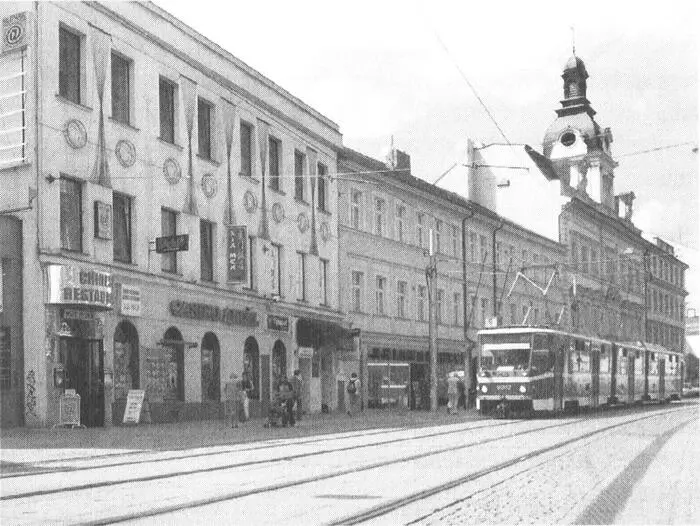
Photo © Terje B. Englund
The now-legendary police action, which most Czechs know as the Raid at the Dove , was meant to be a daring and devastating blow against the Russian mafia and its operations in post-Communist Central Europe. It turned out, however, to be mostly a failure. All the men in Armani suits and their half-naked “hostesses”, who were marched to black marias, were released within eight hours, and only three of them were later expelled from the Czech Republic.
And the biggest disappointment: Semyon Mogilevich, the Russian mafia’s alleged godfather in Central Europe, was not even present at the party. Because his flight from Israel was delayed, Mogilevich arrived at the spot some minutes after the raid had started (at least, that’s what he later told in an interview with the BBC). True to his reputation as a level-headed and resolute fellow, chain-smoking “Seva” immediately caught a cab and didn’t stop until he reached Budapest.
Nevertheless, the unsuccessful raid at The Dove confirmed what most Czechs already guessed: the Russian mafia (which in this context should be interpreted as Russian-speaking , since its members come from all parts of the former Soviet Union) has a strong foothold in the Czech Republic. They even feel secure enough to gather at a giant party in the middle of Prague. And Semyon Mogilevich, while absent at The Dove, has had the dubious honour of becoming the mafia’s “face” in the Czech Republic.
The mafia, however, could certainly have picked a duller boss. Through his rare appearances in the media, Mogilevich — also known as “Don the Brain” — fully confirms the rumours that he is extremely clever, cynical and witty. If he is also guilty of all the crimes which police investigators and secret services in numerous countries accuse him of, he is extremely ruthless and dangerous as well.
The Russian mafia’s Central European boss was born in Kiev in the Ukraine in 1946. His parents belonged to the “working intelligentsia”, but instead of pursuing an academic career after receiving his diploma at Lviv’s Faculty of Economics, young Mogilevich moved to Moscow, where he started working for a state company that ran public toilets at the city’s railway stations. The rather unglamorous job offered “Seva” a convenient cover for his real profession as a currency dealer on the black market.
Читать дальше
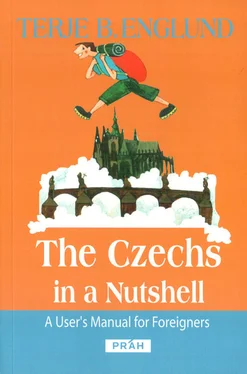


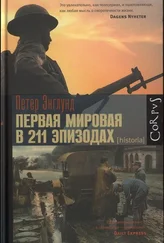

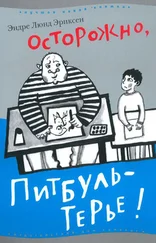
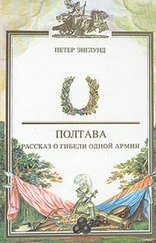


![Theresa Cheung - The Dream Dictionary from A to Z [Revised edition] - The Ultimate A–Z to Interpret the Secrets of Your Dreams](/books/692092/theresa-cheung-the-dream-dictionary-from-a-to-z-r-thumb.webp)



